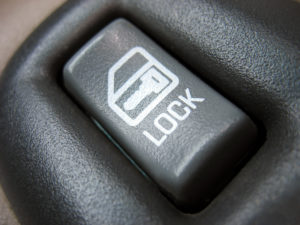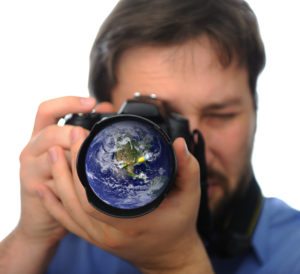Quick links, bringing you great articles on writing from all over the web.
Today’s helpful post is from Best Selling Cozy Mystery Author Elizabeth Spann Craig and is one of those topics you don’t realize you need until you see it and then realize that copyrighting your book is a very good idea. It is so easy these days for someone to hijack your novel. The copyrighting process is not nearly as difficult as you would think, and Elizabeth helpfully walks you through the process. Definitely worth bookmarking!
~ * ~
Copyrighting Our Books
by Elizabeth S. Craig, @elizabethscraig
 When I was first signing a book contract in 2008, I remember that the industry generally scoffed at writers worried about copyright issues. Some writers wondered if they should register a copyright on their manuscripts before submitting them to agents and publishers. There was even a line of thinking that authors could simply mail their manuscripts to themselves to acquire a ‘poor man’s copyright’ through the postal service.
When I was first signing a book contract in 2008, I remember that the industry generally scoffed at writers worried about copyright issues. Some writers wondered if they should register a copyright on their manuscripts before submitting them to agents and publishers. There was even a line of thinking that authors could simply mail their manuscripts to themselves to acquire a ‘poor man’s copyright’ through the postal service.
Acquiring a copyright to send work to a reputable agent or publisher was probably overkill. But the problem now is more insidious: there are cases where retailers like Amazon have challenged writers to prove a book’s content is theirs after receiving challenges from unscrupulous writers.
I’d been meaning to copyright my books for some time, but it became a higher priority after the copyright challenges became news. And I hopped right over to the US Copyright site after reading a post on Joanna Penn’s blog: an interview with attorney Kathryn Goldman. I recommend you read or listen to the entire post.
One of the things Kathryn Goldman brought up in the interview is that the US Copyright is a better deal than one in the UK, for instance. It’s $35 for a copyright in the US for the life of the copyright (a one-time fee). In the UK, it’s £65 for 5 years. According to Goldman, “if you have a registration in the United States and your country is a signatory to the Berne Convention, then you’re entitled to the protections that that country offers based on the U.S. registration.” That’s important information for international writers.
Read the full post on Elizabeth Spann Craig

 I’ve often mentioned that I appreciate questions from readers (even though I can’t answer them all, especially with my health issues this year). Every question gives me ideas for potential blog posts, and today I’d like to thank Lee Green for the idea for this post (and Julie Sade for encouraging me to write it). *smile*I’ve run into the issue Lee mentions within my work as well, so I’m glad her question forced me to think deeper about the pros and cons. As with many things, we might answer one way at first glance but later discover a different angle that changes our opinion.
I’ve often mentioned that I appreciate questions from readers (even though I can’t answer them all, especially with my health issues this year). Every question gives me ideas for potential blog posts, and today I’d like to thank Lee Green for the idea for this post (and Julie Sade for encouraging me to write it). *smile*I’ve run into the issue Lee mentions within my work as well, so I’m glad her question forced me to think deeper about the pros and cons. As with many things, we might answer one way at first glance but later discover a different angle that changes our opinion.
